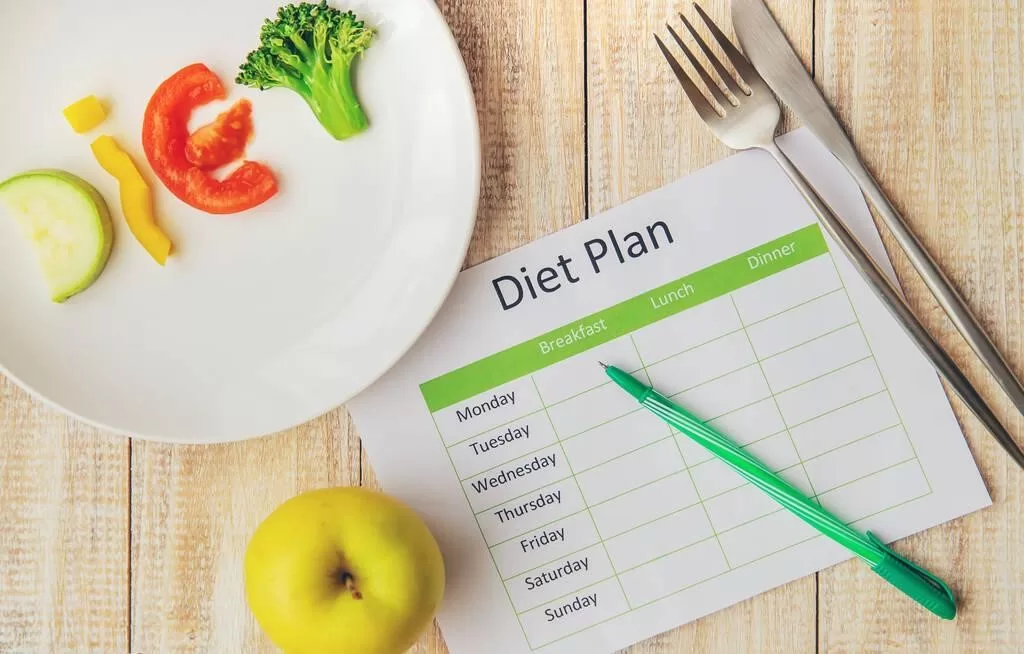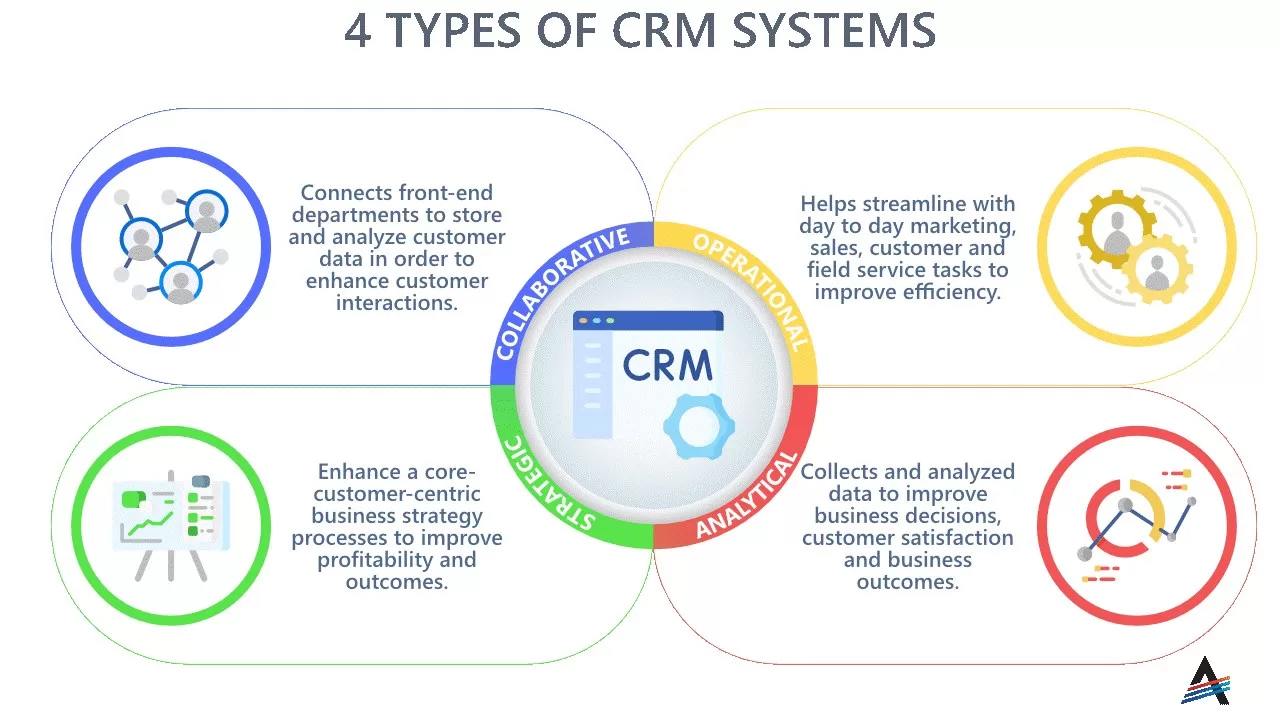Maintaining a healthy diet is essential for overall health and well-being. A well-planned diet meal plan can help you achieve your weight loss goals while ensuring that your body gets the nutrients it needs to function optimally.
In this article, we will discuss the benefits of a diet meal plan and provide tips on how to create an effective one.

What is a Diet Meal Plan?
A diet meal plan is a pre-planned set of meals designed to help individuals achieve their health goals, whether it is to lose weight, build muscle, or maintain a healthy lifestyle.
The diet meal plan typically consists of a variety of healthy foods that provide the body with essential nutrients, vitamins, and minerals while keeping calorie intake in check.
Benefits of a Diet Meal Plan
- Helps with Weight Loss: A well-designed diet meal plan can help with weight loss by providing calorie-controlled meals and snacks that reduce overeating and help regulate appetite.
- Provides Essential Nutrients: Diet meal plans are usually designed to ensure that the body gets all the essential nutrients it needs to function optimally.
- Saves Time: Planning and preparing meals can be time-consuming. A diet meal plan saves time by taking the guesswork out of what to eat and providing pre-planned meal options.
- Reduces Stress: Not knowing what to eat or having to make last-minute meal decisions can be stressful. A diet meal plan reduces stress by providing pre-planned meals that are ready to eat.
- Improves Digestion: A diet meal plan consisting of whole foods, fruits, vegetables, and fiber-rich foods can improve digestion and bowel regularity.
Read Also:
Tips on Creating an Effective Diet Meal Plan
- Set Realistic Goals: Before creating a diet meal plan, set realistic goals that are specific, measurable, attainable, relevant, and time-bound (SMART). This will help keep you motivated and on track.
- Choose a Calorie Target: Determine your calorie target based on your weight loss or maintenance goals, activity level, and metabolic rate. A calorie deficit of 500 to 1000 calories per day can help with weight loss.
- Choose Whole Foods: Include a variety of whole foods in your diet meal plan, such as fruits, vegetables, whole grains, lean proteins, and healthy fats. Avoid processed foods, refined carbohydrates, and added sugars.
- Plan for Snacks: Planning for snacks can help prevent overeating and regulate blood sugar levels. Choose healthy snack options such as nuts, fruits, vegetables, or whole-grain crackers.
- Meal Prep: Meal prep is a great way to save time and ensure that healthy meals are readily available. Cook meals in advance and store them in portion-controlled containers for easy access.
- Stay Hydrated: Drink plenty of water throughout the day to stay hydrated and help with digestion. Limit sugary drinks and alcohol.
- Keep Track: Keep a food journal to track what you eat, monitor progress, and adjust your diet meal plan accordingly.
Example Diet Meal Plan
Here is an example diet meal plan for a 1500-calorie/day diet:
Breakfast: Oatmeal with berries and almond milk.
Snack: Apple and 1 oz. of almonds.
Lunch: Turkey lettuce wraps with avocado and hummus.
Snack: Carrots and celery with hummus.
Dinner: Grilled chicken breast with roasted vegetables.
Snack: Greek yogurt with mixed berries.
Conclusion
A well-planned diet meal plan can help individuals achieve their health goals by providing nutrient-dense meals that are calorie-controlled. Benefits of a diet meal plan include weight loss, essential nutrient intake, time-saving, stress reduction, improved digestion, and bowel regularity.
To create an effective diet meal plan, it’s important to set realistic goals, choose a calorie target, select whole foods, plan for snacks, meal prep, stay hydrated, and keep track of progress.
Remember, a diet meal plan is not a one-size-fits-all solution, and it’s important to consult with a registered dietitian or healthcare provider before starting a new diet or exercise program.
By following a well-designed diet meal plan, individuals can achieve their health goals, improve overall health and well-being, and lead a happier, healthier life.










